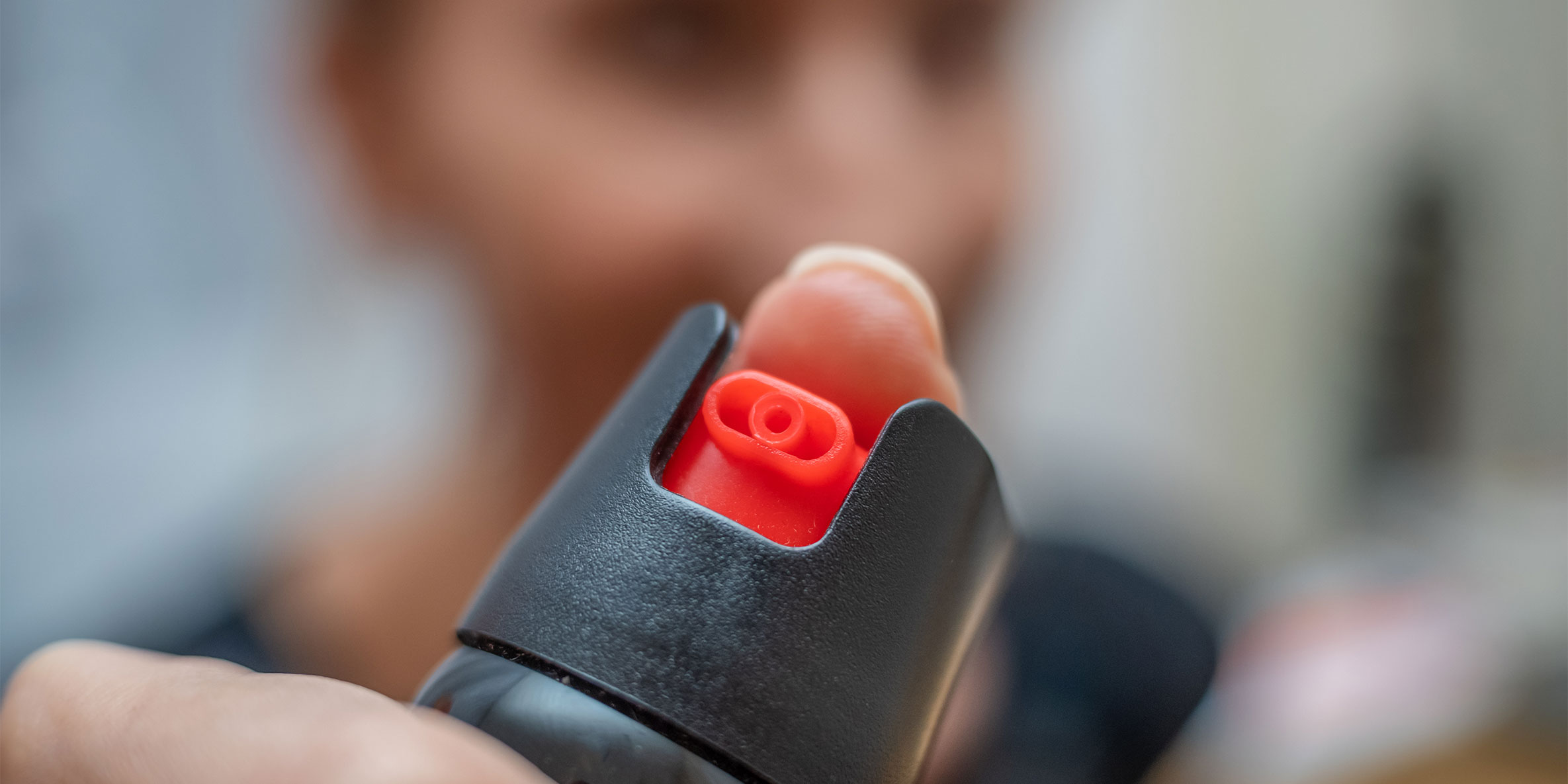The silent killer, carbon monoxide (CO) is a deadly poison that has no odor, color or taste. As a result, it often takes victims by surprise.
On average, 400 people are killed as a result of unintential consumption of the gas each year. In the past two months, there have been at least two incidents in the Pittsburgh area alone. One case involved a 95-year-old Baldwin man, and the other a 66-year-old Plum woman.
In addition to these casualties, another 4,000 people are hospitalized annually due to exposure.
So, how can you protect your family from this invisible ghost? Follow the four easy tips below.
1. Perform Regular Maintenance on Heating Appliances
CO build up usually results from improper use of heating appliances, such as gas, oil, coal and water heaters. It is produced when fuel (e.g. wood, gas, propane, etc.) is burned, and therefore, a consideration for all who heat their homes in this manner.
Make sure your home's heating system is working properly by having a certified service technician check it out on an annual basis. This preventative measure can catch issues early, and save your family from fatal leaks.
2. Vent Heating Appliances Properly
When using heating appliances, the CO needs somewhere to go. For stoves, fireplaces and chimneys, be sure proper ventilation systems are in place and that the gas can easily escape (i.e. the passageway isn’t blocked).
In addition, your car produces CO, so don't let your car run in the garage with the door closed. Fresh air is necessary to dissipate the fumes.
3. Leave Outdoor Appliances Outdoors
Some heating appliances aren’t intended for indoor use, and therefore, pose greater risk for CO poisoning. Even during power outages, do not bring grills, portable camp stoves or generators inside.
When in doubt, check the item’s instruction manual and follow all associated safety precautions outlined in the guide.
4. Install CO Detectors in Your Home
Place CO detectors strategically throughout your home to warn you of toxic levels so you can quickly evacuate. These systems are able to identify when thresholds have been hit, and immediately notify you.
For ultimate safety, have your detectors checked on a regular basis to ensure they are functioning correctly, and seek out a solution that offers 24/7 monitoring.
How Do You Protect Yourself from CO?
Keep the air your family breathes safe by combining preventative measures with ongoing CO monitoring.



